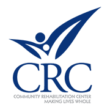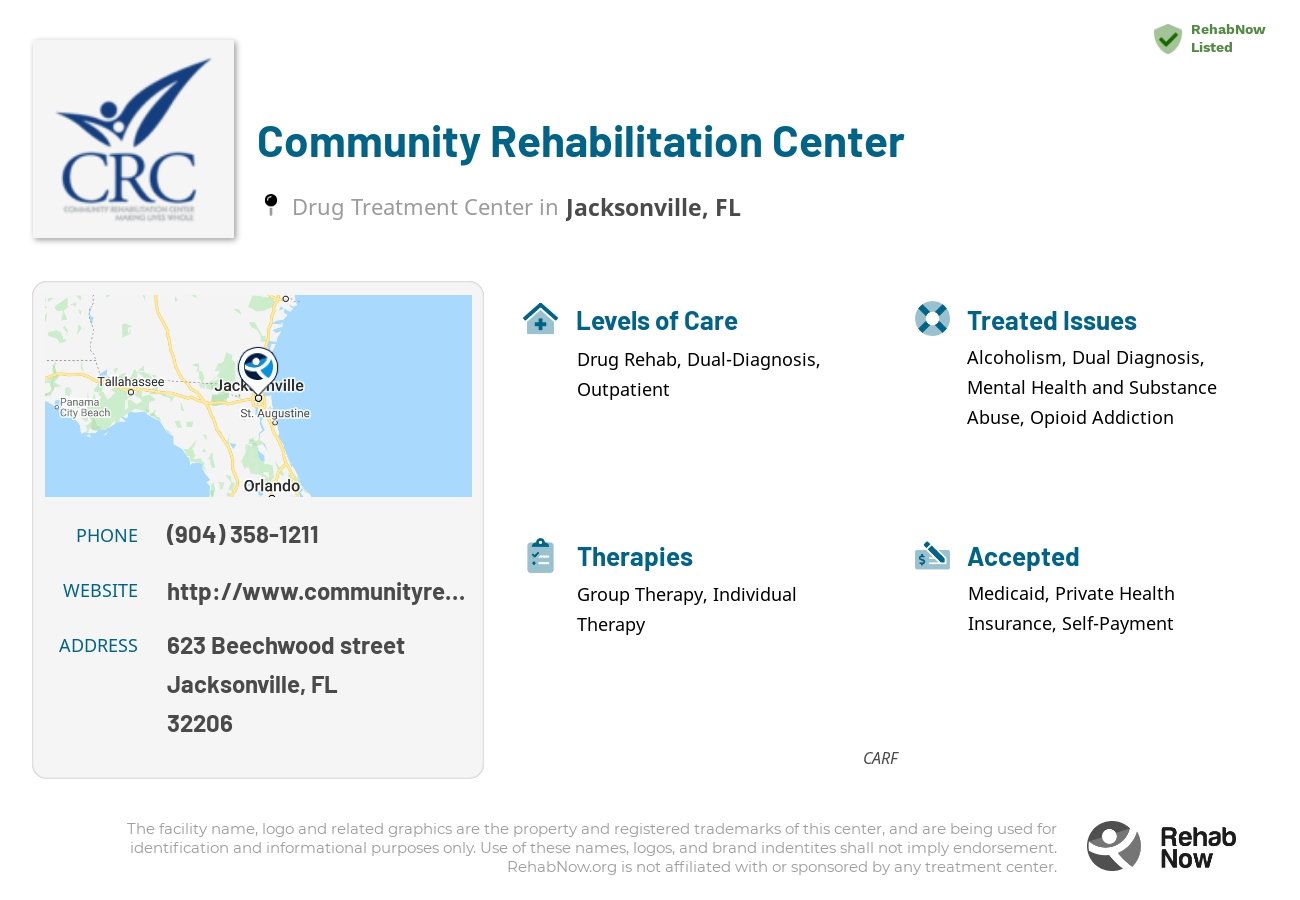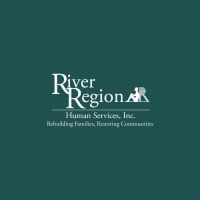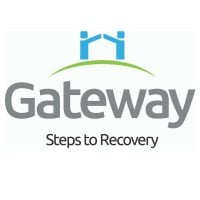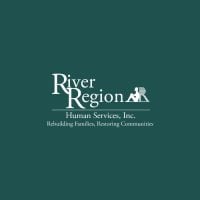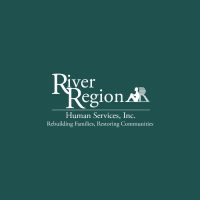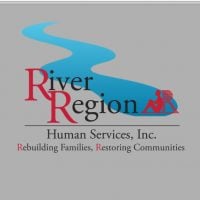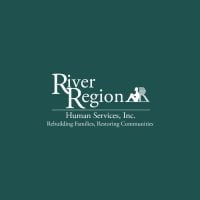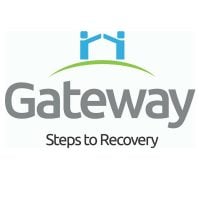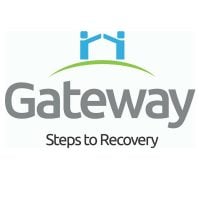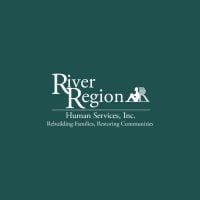Community Rehabilitation Center
Drug Rehab Center in Jacksonville, Florida
CRC is an accredited rehab facility in Jacksonville, Florida offering various treatment options to help individuals struggling with alcohol abuse, dual diagnosis, and opioid addiction reintegrate into a productive and sober life while improving their emotional and mental wellbeing.
About
Community Rehabilitation Center is an accredited treatment facility located in Jacksonville, Florida. The center holds a CARF certification, which signifies their commitment to providing high-quality services to individuals suffering from alcoholism, opioid addiction, dual diagnosis, drug addiction, substance abuse, and mental health issues. With a strong focus on helping people overcome their addictions and improve their mental well-being, Community Rehabilitation Center offers various levels of care, including drug rehab, dual-diagnosis treatment, outpatient programs, and aftercare support. The center also accepts private health insurance, making their services accessible to a wider range of individuals seeking help.
At Community Rehabilitation Center, individuals struggling with addiction and substance abuse can find a range of comprehensive services to aid in their recovery journey. The facility offers drug rehab programs that are tailored to address the specific needs of each individual, providing a supportive and structured environment for detoxification and treatment. Additionally, the center specializes in dual-diagnosis treatment, recognizing the importance of addressing mental health issues alongside addiction. Their outpatient programs offer flexibility for those who do not require residential care, allowing individuals to receive treatment while still maintaining their everyday responsibilities. To ensure continuity of care, Community Rehabilitation Center also provides aftercare support, offering ongoing assistance and guidance even after the completion of formal treatment.
Genders
Ages
Modality
Additional
Accreditations

CARF
The Commission on Accreditation of Rehabilitation Facilities (CARF) is a non-profit organization that specifically accredits rehab organizations. Founded in 1966, CARF's, mission is to help service providers like rehab facilities maintain high standards of care.
Conditions and Issues Treated
Within the past decade, opioid addiction has become a nationwide epidemic. The United States hosts one of the world’s highest rates of opioid use or abuse and has one of the highest rates of opioid-related deaths. In the United States, opioid drugs are classified as Schedule II-IV controlled substances due to their highly addictive properties and potential for abuse. These include morphine, opium, heroin, oxycodone, hydrocodone, methadone, and fentanyl. Physicians usually prescribe opioids to help control pain.
Over time, opioid users develop a tolerance for the drugs, which makes it difficult, if not impossible, to function without them. In turn, opioid users often resort to illicit means of obtaining the drugs. These means can include drug dealers, friends, and family members who do not have legitimate prescriptions for the drugs. Opioid addiction can quickly lead to heroin use, especially those seeking more intense highs than prescription opioids offer. Due to the high risk of overdose, heroin users are at a much higher risk for illness and death.
A person who struggles with addiction and a mental health condition suffers from a dual diagnosis. This means that they have two issues that must be treated. The specific mental health issues that the patient at Community Rehabilitation Center might have include but are not limited to:
- Depression
- Bipolar Disorder
- Anxiety
- PTSD (Post Traumatic Stress Disorder)
The specific addiction issues that the patient might have include but are not limited to:
- Alcoholism
- Drug Addiction (i.e., Cocaine, Meth, and other stimulants, Marijuana, and Ecstasy)
The combination of the two illnesses can be tough to treat. Taking care of one or the other is tough, and taking care of both cannot be done alone. A patient who receives dual diagnosis treatment will be given the best chance at becoming sober.
Levels of Care Offered
This center offers a variety of custom treatment tailored to individual recovery. Currently available are Drug Rehab, Dual-Diagnosis, Outpatient, with additional therapies available as listed below.
An outpatient treatment program is set up to help with alcohol or drug addiction or a co-occurring disorder. The treatment must attend the treatment facility for their therapy and other programs but return home each night. The frequency of mandatory attendance decreases after much of the treatment program is complete. The treatment programs are monitored by the treatment facility and case managers who work for a judge or judge’s office. A treatment program may be performed out of a treatment facility, treatment clinic, or treatment center.
The benefits of outpatient treatment programs are many. One of the most beneficial treatment programs is that it allows treatment for clients who cannot afford or may not be able to attend treatment at a treatment facility, treatment center, or treatment clinic full-time. Another benefit of treatment programs is that they reduce crime rates because treatment allows people to treat their addiction.
Therapies & Programs
Individualized Treatment is essential because it gives addicts the ability to participate in a program that meets their unique needs. An addict should work with professionals who understand what they’re going through, especially if the addict is actively using. Finding the right treatment program for an addict is difficult, but it’s even harder without communicating with those who have experience treating your specific situation.
Group therapy sessions provide recovering addicts with a chance to cope with everyday situations that many face. Group therapy sessions are held in rehab facilities, clinics, churches or community centers that offer drug addiction treatment.
People who attend these groups are encouraged to voice their feelings and support other addicts in recovery. This helps group members strengthen their own recovery program while cheering on others who are struggling with sobriety.
Cognitive Behavioral Therapy (CBT) is a highly effective treatment option based on the idea that how we feel, think and act all interact together. Our thoughts determine our feelings and behaviors; our feelings affect our thoughts, and our behaviors change our thoughts and feelings. CBT helps people explore their thoughts for problems (or false beliefs) that influence their mood and actions. By examining their thoughts and beliefs, people can recognize distorted or irrational and modify them to more realistic, positive ones. CBT is very goal-oriented, which means that the therapist and patient work together on a specific problem while learning to become more adept at solving future problems.
CBT works well with a broad range of people, including those with depression, anxiety disorders, eating disorders, and problems with anger. In addition to helping a client focus on thoughts that can be changed, CBT also allows them to take an active role in their treatment. This is called a collaborative approach because both patient and therapist work together to produce the best possible results.
CBT is based on cognitive learning theory, which says that our behavior is a learned response to our environment. Cognitive refers to thoughts and beliefs, while behavioral relates to actions or deeds. CBT helps people learn ways of behaving to improve their quality of life by focusing on specific problems or goals they want to achieve. Sometimes, CBT is used alone; other times, it is combined with medications or brief counseling techniques such as solution-focused and motivational interviewing to achieve optimal results for the patient.
Payment Options Accepted
For specific insurance or payment methods please contact us.
Is your insurance accepted?
Ask an expert, call (888) 674-0062
Additional Details
Specifics, location, and helpful extra information.
Jacksonville, Florida 32206 Phone Number(904) 358-1211 Meta DetailsUpdated November 25, 2023
Staff Verified
Patient Reviews
There are no reviews yet. Be the first one to write one.
Jacksonville, Florida Addiction Information
Florida is one of the nation's epicenters for substance abuse and drug-related overdoses. In 2014, around 410,000 Florida residents were addicted to drugs and alcohol. Over the last 10 years, 12% of all deaths in the state were attributed to substance abuse. Treatment admissions for alcohol reached 24,329 patients in 2016, and 2.5% of Florida high school students admitted to using crack cocaine.
There are an estimated 15,000 people in Jacksonville who suffer from drug addiction. The number of overdose deaths has been on the rise, with 193 reported in 2017. This is leading to an increase in crime rates, and it is also causing problems for the city's businesses and families. Rational Recovery is a type of treatment that focuses on helping the individual develop a rational and healthy relationship with drugs and alcohol.
Treatment in Nearby Cities
- Venice, FL (231.2 mi.)
- Lake Mary, FL (113.3 mi.)
- Lutz, FL (160.9 mi.)
- Satellite Beach, FL (164.9 mi.)
- Port Orange, FL (94.0 mi.)
Centers near Community Rehabilitation Center
The facility name, logo and brand are the property and registered trademarks of Community Rehabilitation Center, and are being used for identification and informational purposes only. Use of these names, logos and brands shall not imply endorsement. RehabNow.org is not affiliated with or sponsored by Community Rehabilitation Center.
